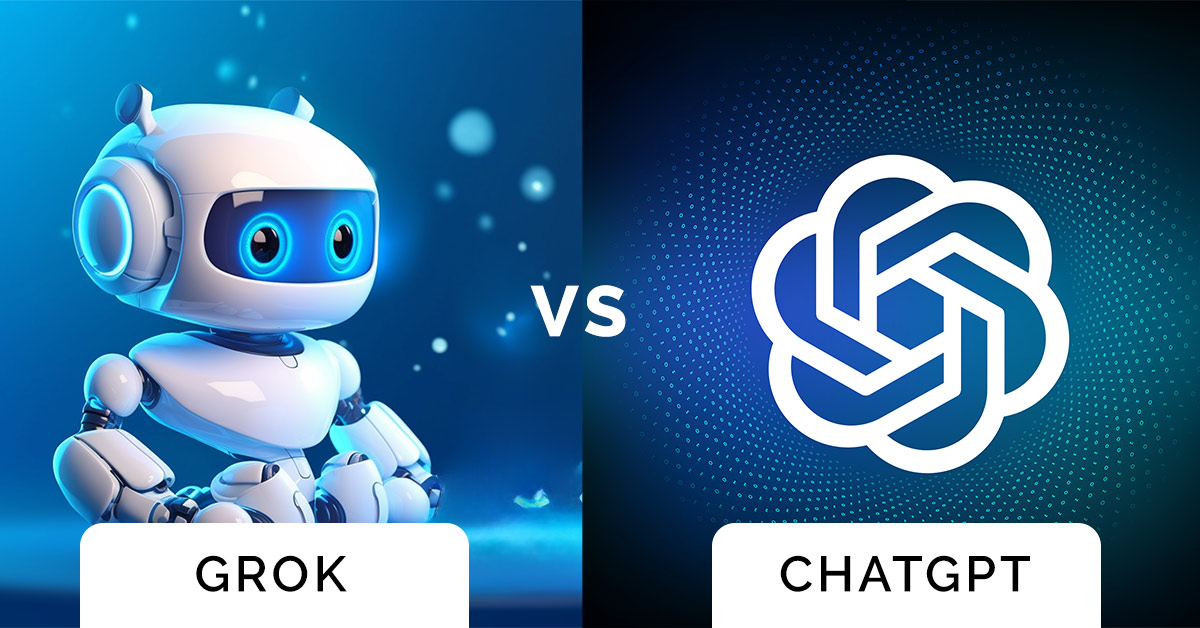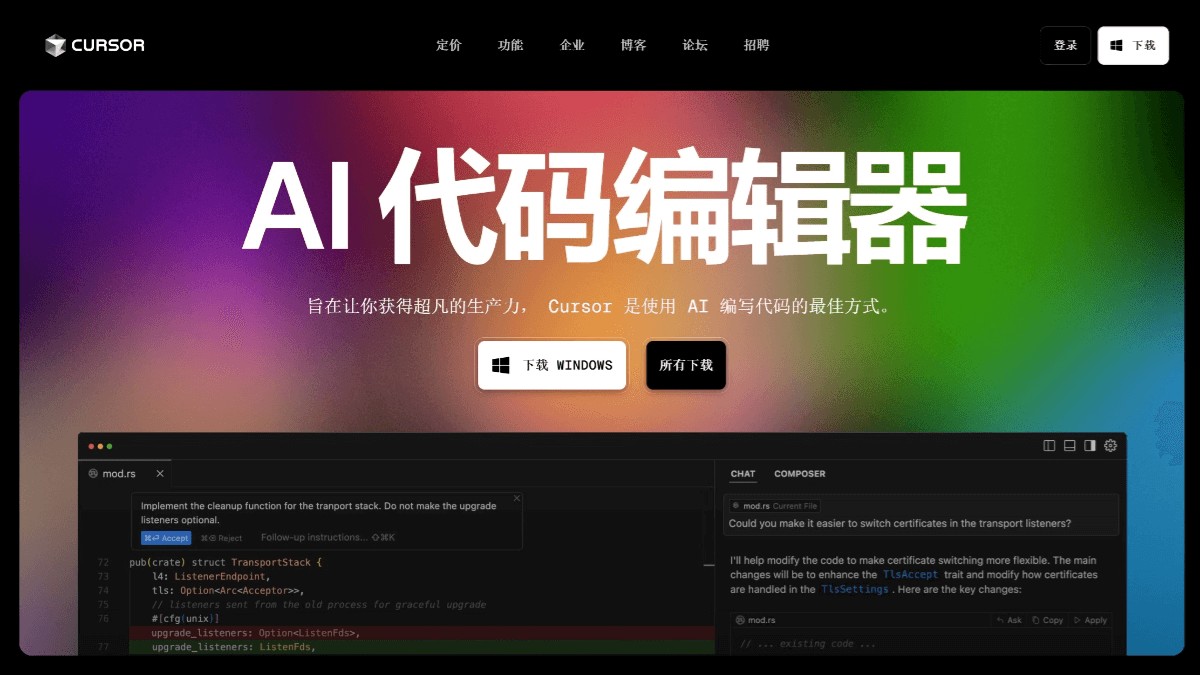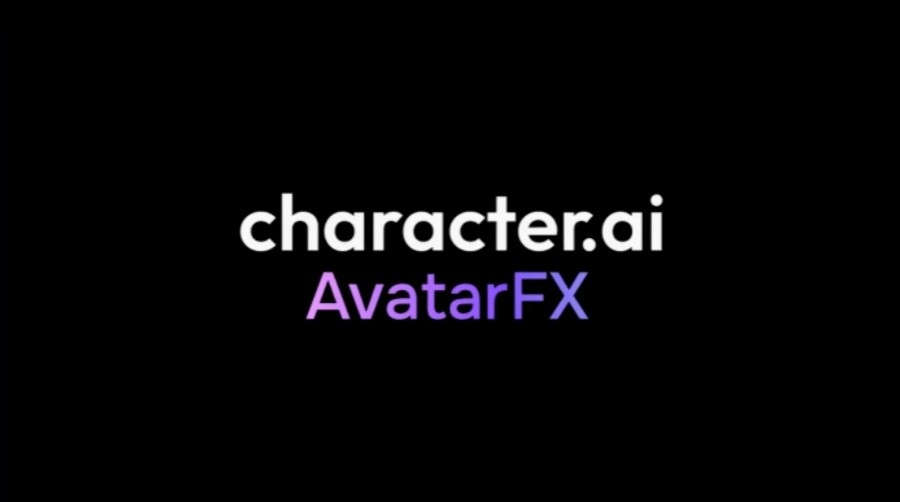
It is difficult to fully compare Grok 2 and ChatGPT (specifically GPT-4 and its visual capabilities, which you may refer to as GPT-4o) because both models are developing rapidly and have different focuses. However, based on the information I currently have, I can make the following analysis:
Grok 2:
Developer: xAI (Elon Musk’s AI company)
Advantages:
Real-time information access: Grok 2 is trained using data from X (formerly Twitter), giving it access to very timely information. This makes it great at current affairs and hot topics.
Humor and engaging style: Grok is designed to be more conversational and even has some humor in its answers.
Excellent performance in certain reasoning tasks: Notably, Grok 2 showed impressive performance in visual mathematical reasoning compared to other models. (See search results [4])
Disadvantages:
Mainly text-based: While it can handle basic image processing, its core strength lies in text.
Accuracy can be inconsistent: Some tests indicate that Grok 2 is slightly less reliable at providing accurate information than GPT-4.
ChatGPT (GPT-4o):
Developer: OpenAI
Advantages:
Multi-modal capabilities: GPT-4o can process and generate not only text, but also images and audio. This opens up a wider range of applications.
Strong general knowledge and reasoning capabilities: GPT-4 is known for its extensive knowledge base and ability to handle complex reasoning tasks, writing, and coding.
More consistent accuracy: Generally provides more reliable and fact-based accurate information than Grok 2.
Disadvantages:
Information may not be as real-time: While ChatGPT has browsing capabilities, it may not be as timely as Grok 2 in accessing the latest events.
The following table summarizes the main differences:
| Function | Grok 2 | ChatGPT (GPT-4o) |
|---|---|---|
| real time information | Strong (trained using X data) | Browsing is available but may be slightly delayed |
| multimodal | Mainly text-based, basic image processing | Text, images and audio |
| accuracy | May be inconsistent | Generally more consistent and reliable |
| reasoning | Excel in specific areas such as visual mathematics | Strong general reasoning and problem-solving skills |
| conversational style | humorous | More neutral and informative |
| Pricing | Input: $5 per million tokens; Output: $15 per million tokens | Input: $2.5 per million tokens; Output: $10 per million tokens |
(Pricing information comes from search results [1], please note that prices may change, and official information shall prevail.)
Which is "better"?
It depends on your needs:
For the latest information and a more conversational experience: Grok 2 might be a good choice.
For more reliable information, complex reasoning, and multi-modal capabilities (especially image and audio processing): ChatGPT (GPT-4o) may be a better choice.
It's important to remember that this is just a snapshot at one point in time. Both models are constantly being updated and improved, so their strengths and weaknesses may change.
Other perspectives:
Personality: Grok 2 is more like a friend who is always ready with a witty response, while ChatGPT (GPT-4o) is more like your polite, professional friend. (Search results[2])
Areas of Expertise: Grok 2 excels in technology, science, or current affairs, while ChatGPT (GPT-4o) is a generalist with knowledge in many fields, including literature, history, science, and technology. (Search results[2])
Readability and conciseness: Some reviewers believe that Grok-2 is easier to read and grasp the main points quickly, but lacks depth in some aspects. Both offer the ability to quote verbatim, which is a major improvement. (Search results [3])
Visual mathematical reasoning: Grok-2 surpasses GPT-4 Turbo in this area. (Search results [4])
Real-time vs. Deep Conversation/Coding: If you specifically need real-time updates, Grok may have a slight edge, but for more in-depth conversation or coding tasks, ChatGPT is hard to beat. (Search results[5])
In summary, the best choice depends on your specific use case. It’s recommended that you try both models out for yourself to see which one better suits your specific needs.



